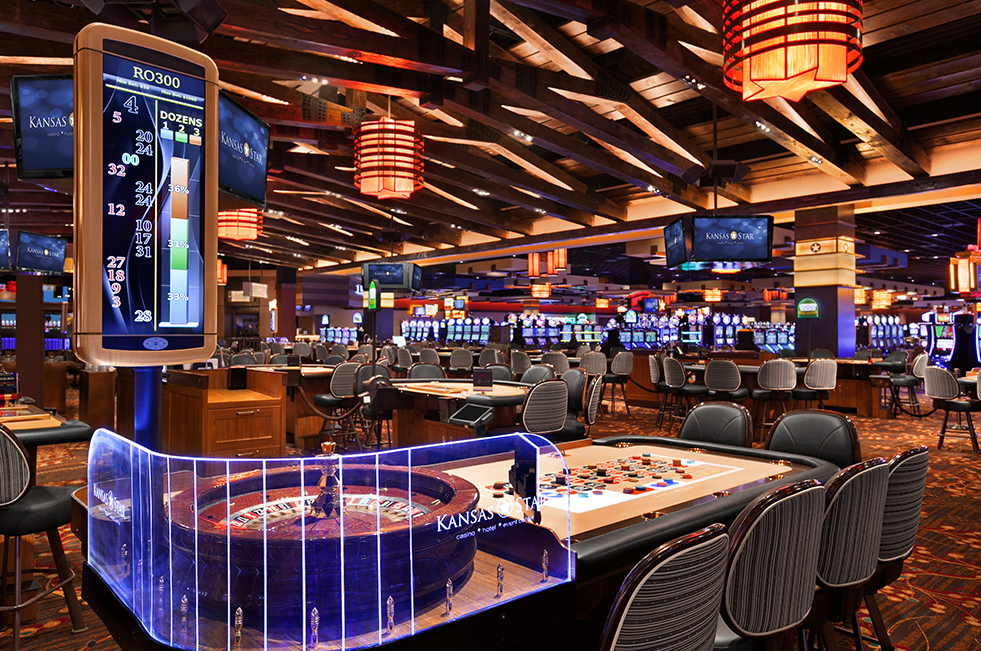
Casino games have long been a captivating form of entertainment, drawing countless of players from varied cultures around the globe. From the opulent casinos of Las Vegas to the bustling gambling halls of Macau, these games serve as a common thread that brings together people across various backgrounds. The allure of luck, tactics, and gambling entices not only those looking to strike it rich but also those seeking a shared experience.
The significance of casino games extends significantly past the gaming floor. They often embody the values and traditions of the cultures in which they thrive. Games such as Texas hold ’em, blackjack, and roulette have embedded themselves into the tapestry of popular culture, influencing multiple fields from cinema to clothing. As we explore this fascinating intersection of chance and culture, we can comprehend better how gambling games shape and are shaped by the environment surrounding us.
Historical Progression of Gambling Games
The beginnings of gambling games can be followed back to ancient cultures, where gambling in different forms was widely performed. In the East, around 2300 BC, a variant of luck game known as Keno was common, while in historic Rome, soldiers would regularly wager on the consequences of their matches. The concept of using chance for amusement and income developed over the centuries, leading to the establishment of more structured games. By the end of the Middle Ages, gambling houses started to appear in European nations, particularly in the Italian peninsula, which presented early forms of well-liked activities still enjoyed today.
As betting increased popularity in Europe, the 17th and 18th centuries saw the rise of gaming houses as specialized locations for gaming. The earliest official gaming venue, the Ridotto, was set up in the Venetian city in the year 1638, providing activities like Baccarat and Faro games. This era marked a major pivoting point, as casinos started to attract not just the high society but also the burgeoning middle-tier society. The refinement of games evolved, leading to the development of new regulations and versions that enriched the experience of players.
In the 19th century, the industrial revolution and changes in societal norms additionally changed the landscape of gambling games. The arrival of roulette and contemporary one-armed bandits drew a broader clientele, and casinos became seen as legitimate fun. This time witnessed the globalization of casino activities, as gambling houses extended from the continent to the New World, culminating in the creation of the legendary Las Vegas Strip in the 20th century. The evolution of gambling activities has progressed into the modern era, integrating modern technology and digital platforms, allowing them available to a worldwide audience.
# Cultural Relevance across Different Societies
Casino games have deep-rooted cultural significance within a multitude of societies across the world. Places like Las Vegas, the very core of the urban landscape is woven around gambling establishments, where gambling is not just a recreational activity but a central aspect of entertainment and community interaction. non GamStop The dazzling lights and dynamic atmosphere attract countless individuals, showcasing how casino games can impact local economical structures and cultural identities. This setting transforms the notion of relaxation into an enriching encounter that influences apparel, music, and even film.
On the other hand, some communities treat betting with greater care, considering it through the lens of morality and customs. For example, in many Asian communities, games like Mahjongg and Pai Gow Gambling are rich with history and possess significant social implications. These games are often played during meetings and occasions, fostering social ties and solidifying family ties. The act of playing these games goes past mere amusement, reflecting values such as honoring elders and the value of shared enjoyment.
Meanwhile, in continental countries such as the principality of Monaco and the Italian Peninsula, casino games serve as symbols of opulence and refinement. The refined atmosphere of these venues attracts both travelers and native inhabitants, reinforcing a sense of prestige and rarity. The art of Texas Hold’em and the strategic features of games like the game of baccarat are appreciated, shaping social dynamics and creating an allure that fascinates a heterogeneous audience. This underscores how games of chance can both reflect and influence cultural attitudes towards risk, reward, and social interaction.
Financial Influence and Travel Industry
Casino games play a crucial role in the economic landscape of many areas, particularly those that depend significantly on tourism. The revenue generated from casino operations fuels local economies, creating jobs not only within the casinos themselves but also in related sectors such as hotel management, restaurant services, and recreation. This influx of tourists, drawn by the allure of gambling and the overall casino experience, stimulates spending across multiple businesses, contributing to the economic vitality of the area.
The presence of casinos often leads to the development of facilities, including lodging, transportation systems, and recreational facilities. These developments are essential in enhancing the overall visitor satisfaction, making destinations more appealing to visitors. Additionally, many casinos contribute in local communities through sponsorship of activities and philanthropic activities, further embedding themselves into the social fabric of the region. Such investment not only supports economic growth but also cultivates a positive image of the gambling sector.
In addition, the worldwide appeal of casino games drives tourism competition, with locations vying to attract players from around the world. Iconic destinations like Las Vegas and Macau have become synonymous with gambling culture, drawing millions each year. This competitive edge encourages creativity and diversification within the gaming industry, influencing developments in entertainment and hospitality that resonate beyond their limits. The ripple effects of this tourism extend wide, impacting local financial health and cultural exchanges on a worldwide scale.